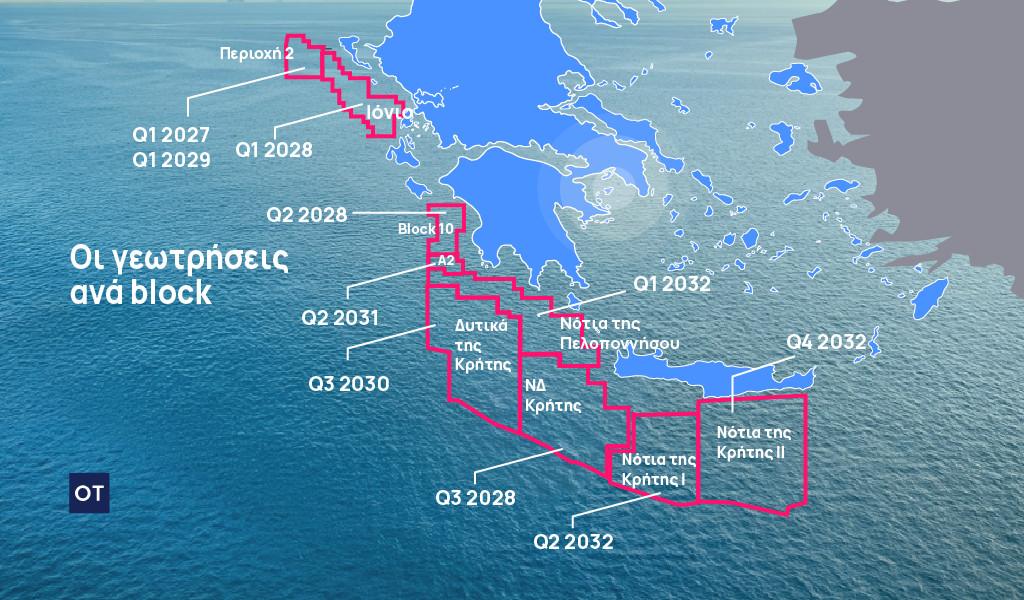The European Commission decided to refer Greece to the European Court of Justice for three different cases. This means that for the specific cases it was found that the Greek authorities refused to comply with the European regulations and the relevant instructions of the European institutions, in the exchange of letters that precedes such a referral.
All three cases are of particular interest and have to do with chronic problems and inadequacies of the state.
In the first we have to do with the way the state behaves as a defaulter, in the second with the fact that our country still does not have up-to-date plans to manage the increasing risk of floods (something we have seen tragically this year in Thessaly) and in the third with the well-known plague of landfills that even when they stop being used are not restored.
First referral: the government that is constantly in arrears
In the first referral, Greece is not alone, since Italy and Belgium are also referred alongside. Here the reference concerns the long delay in payments by the Greek government.
In particular, Greece is accused because the public does not comply with the provisions of Directive 2011/7/EU, which concerns the delay in payments and repayments and provides for the payment of public obligations within 30 days (60 days for public hospitals).
In particular, Greece is accused of the long delay in payments by public hospitals to their suppliers, an element which, in the Commission’s opinion, undermines the viability of businesses operating in this sector at a critical time, especially small and medium businesses, especially if we look at the experience of the pandemic. Here the debate on Greece’s compliance started in 2019, but the problem remains so it’s time for the referral.
Last April, the Commission had sent a warning letter to Greece precisely on this issue, while it had made it clear that the practice of immediate repayment of long-term debts under the condition of waiving interest and surcharges is a violation of EU rules.
Second referral: the failure to update the flood risk maps
Greece’s second referral concerns the fact that the flood risk maps have not been updated, as required by Directive 2007/60/EC. In particular, all member states had an obligation to update the relevant maps – an issue that came to the fore after the disastrous floods in Thessaly – by March 22, 2020.
The Commission sent Greece a letter in February 2022 and a reasoned opinion in September 2022. However, until now the relevant maps have not been updated.
In fact, this update was necessary so that by December 22, 2021, the member states had also updated their flood risk management plans, which in the Greek case has not yet been done. For this omission there is a separate control procedure against Greece by the Commission.
According to the Commission, Greece is the only member that has not complied with this obligation to update flood risk.
Third citation: The landfill in Zakynthos has not yet been restituted
The third referral of Greece concerns the landfill in Zakynthos which was the subject of a previous decision of the European Court of Justice which decided that the specific landfill in Zakynthos does not meet the conditions and cannot operate.
On 28 April 2017, the Commission sent a formal notice to Greece for not complying with the decision. After that the dump was no longer used.
However, the restoration projects foreseen by the decision against Greece have not progressed, nor has a convincing timetable been presented by the Greek authorities.
On this basis, the case returns to the European Court of Justice.
















![Φορολογικές δηλώσεις: Να πάρω «φορολογικό διαζύγιο» ή όχι; [Μέρος 2ο]](https://www.ot.gr/wp-content/uploads/2026/02/efor.jpg)




















